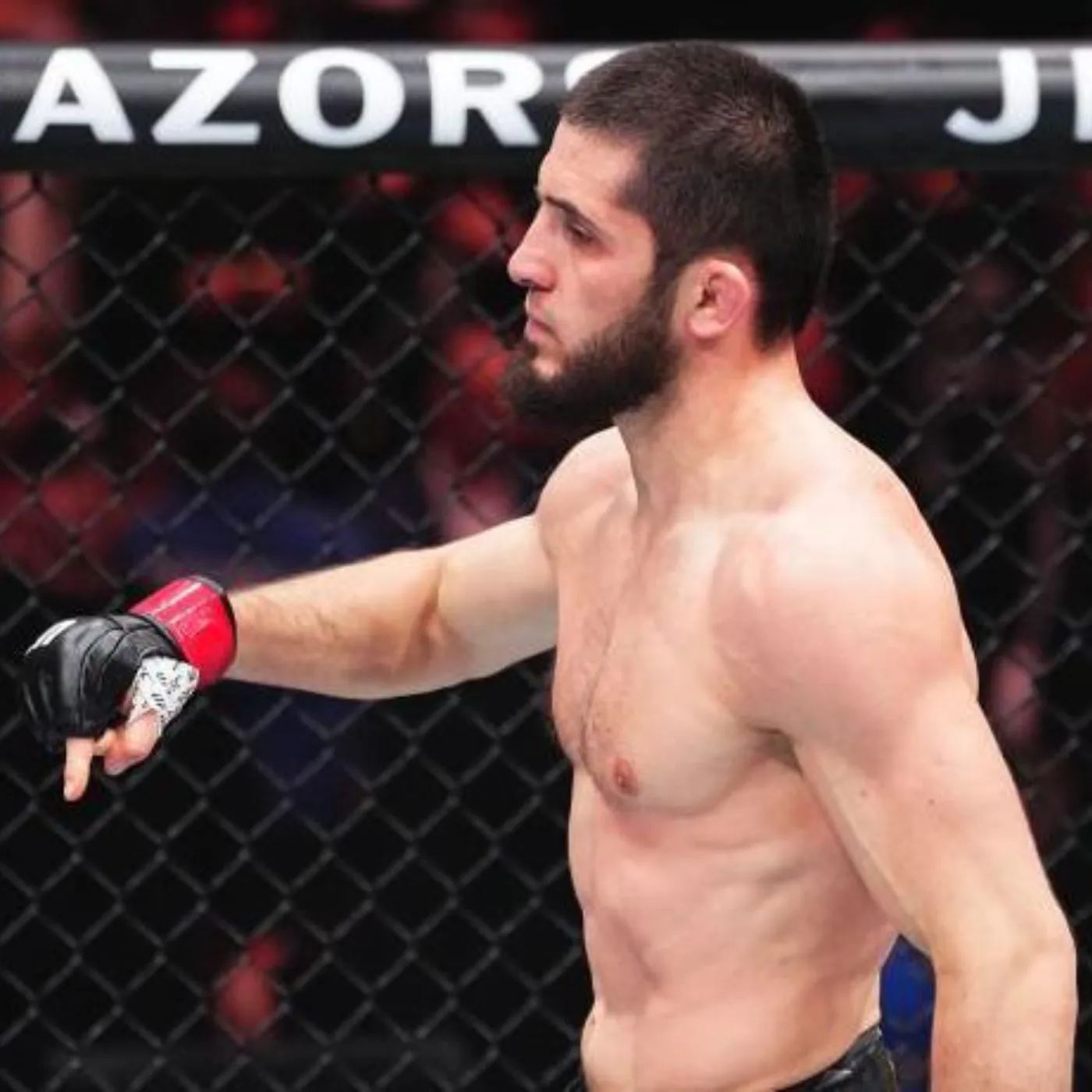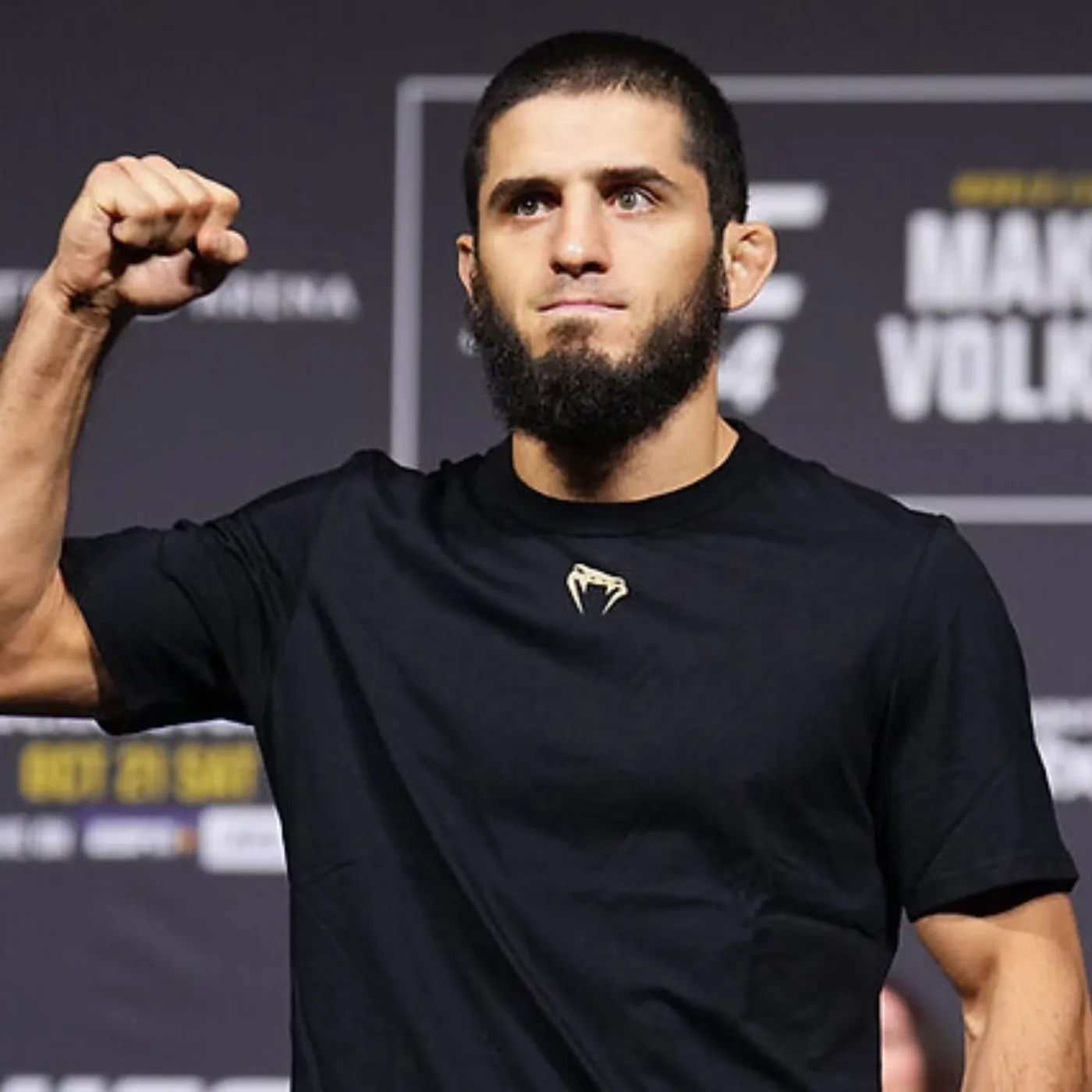Fighters Pack on 20+ Pounds Overnight The Brutal Reality of Extreme Weight Cutting

What does it take to dominate in the UFC lightweight and bantamweight divisions? Apparently, an extra 20 pounds.
Islam Makhachev tipped the scales at 178 pounds on fight night—just 24 hours after officially weighing in at 154.5 pounds. The lightweight champion submitted Renato Moicano in the first round, but data from the California State Athletic Commission (CSAC) reveals the significant size jump.
Meanwhile, Merab Dvalishvili, who weighed 134 pounds at the official weigh-ins, stepped into the Octagon at 156.8 pounds for his battle against Umar Nurmagomedov, securing a decision victory at UFC 311.
Massive Weight Cuts: Fair or Not?
If this seems like an unfair advantage, consider this:
- Moicano actually outweighed Makhachev on fight night at 181.8 pounds.
- Nurmagomedov matched Dvalishvili’s size exactly at 156.8 pounds.
Weight cutting is an integral yet controversial aspect of modern MMA. Fighters, especially in the lighter weight classes, often push their bodies to the extreme—cutting weight drastically only to rebound significantly within 36 hours.

How Much Are UFC Fighters Really Gaining?
Each of the four competitors in the UFC 311 main and co-main events entered the cage with at least 15% more body mass than at weigh-ins.
- Moicano and Dvalishvili saw the biggest percentage increase, exceeding 17%.
- Out of 26 fighters on the card, 11 added at least 13% more mass before stepping into the Octagon.
- Tagir Ulanbekov, a flyweight, jumped from 125.5 pounds to 147.4 pounds—a staggering 17.45% increase—before defeating Clayton Carpenter.
Record-Breaking Size Gaps at UFC 311
The weight fluctuations weren’t just limited to the title fights. Seven of the 13 bouts featured fighters within 4 pounds of each other by fight night. However, some matchups saw massive weight disparities:

- Reinier de Ridder, who submitted Kevin Holland in the first round, entered the fight at 212 pounds—a whopping 21.6-pound size advantage.
- Jiri Prochazka, a former light heavyweight champion, knocked out Jamahal Hill despite giving up 13.6 pounds on fight night (Prochazka at 208.2 lbs vs. Hill at 221.8 lbs).
Weight Cuts: The Never-Ending Debate
The debate over extreme weight cutting continues to rage in the MMA world. While some argue it’s an unavoidable part of the sport, others believe drastic cuts jeopardize fighter safety and create unbalanced matchups.
Regardless, one thing is certain: by the time fighters step into the cage, they are far from the weight class they officially compete in. And at UFC 311, those weight swings made all the difference.





